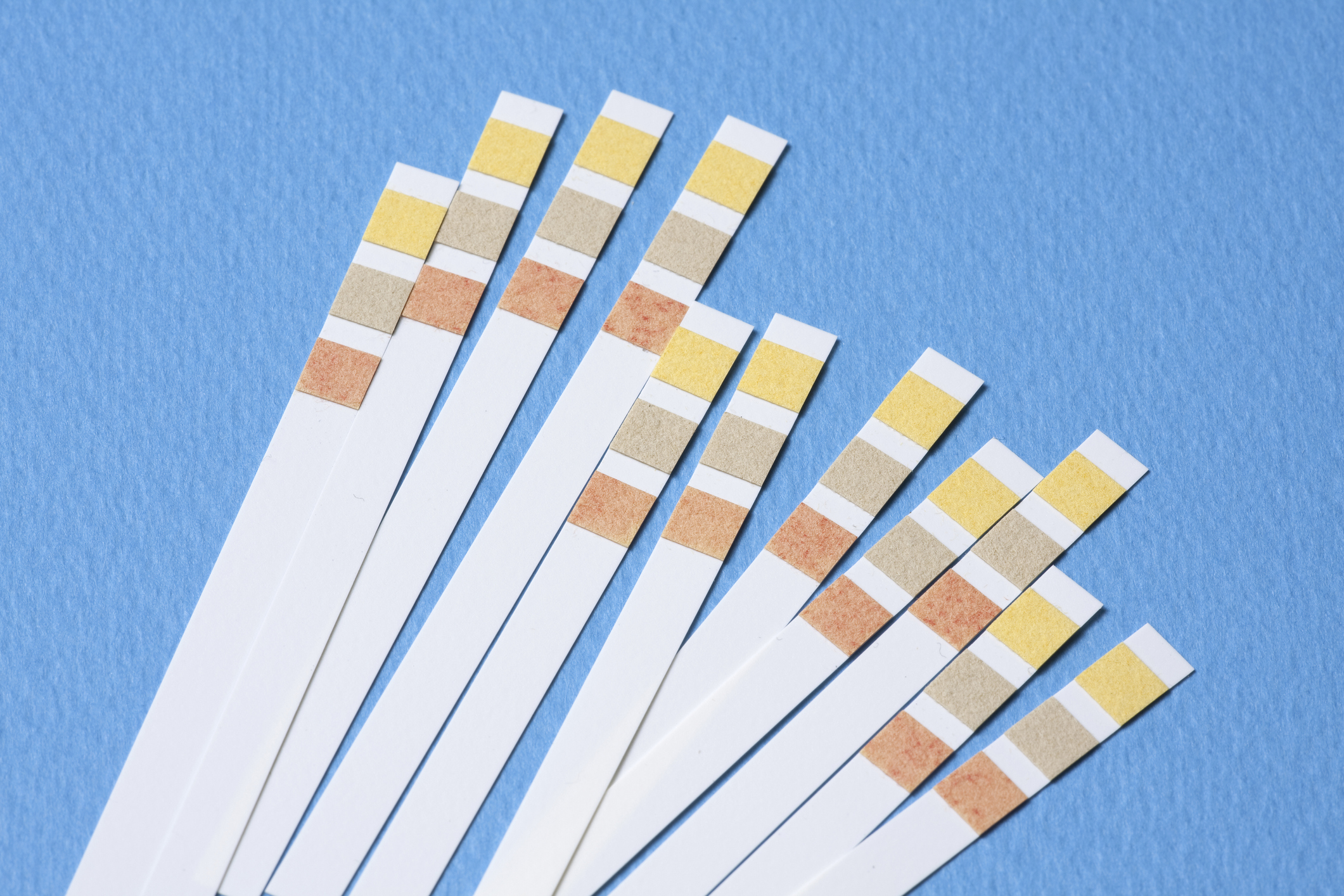

There’s a lot of evidence out there that supports an alkaline-rich diet as a way to balance our bodily pH and help prevent conditions like diabetes and heart disease.
But for some reason, conventional medicine still holds firm that the body is capable of balancing pH on its own. A conventional doctor may discount the importance of pH balance and its connection to health and the disease process.
But your dentist is one health provider who sees the results of imbalanced pH levels in their patients regularly.
They see how the foods people eat change their pH levels, and they see how these effects allow bacteria to thrive in your mouth, causing tooth decay and gum disease.
We seem to think that the mouth is an independent system of its own — and that it has no real connection to the rest of the body.
Nothing could be further from the truth, and research has been uncovering more and more of this fact over the past several years.
If an imbalance in pH can destroy your mouth, the micro-environment that is the gateway to the rest of your body, why is it hard to believe that pH gone awry can wreak havoc on the rest of your body?
What is pH and why does it matter?
Your body’s pH balance, also referred to as its acid-base balance, is the level of acids and bases in your blood at which your body functions best.
In a healthy body, the lungs and kidneys maintain a healthy acid-base balance. A normal blood pH level is 7.35 to 7.45 on a scale of 0 to 14, where 0 is the most acidic and 14 is the most basic. This value can vary slightly in either direction.
Most disease-causing bacteria thrive in a highly acidic environment. For this reason, it’s important to keep your blood pH in balance (more about how to do that in a bit).
What dentists know
Dentists know that a highly acidic mouth pH can cause tooth decay and gum disease.
Here’s how it works:
Every time you eat or drink anything other than water (which has a neutral pH), the pH level in your mouth drops (becomes more acidic). This causes minerals in your tooth enamel to seep out as your body tries to re-establish a balanced pH.
When minerals in your teeth are depleted, you’re vulnerable to cavity-causing bacteria. And, to make matters worse, this mineral loss also occurs in the bones surrounding your teeth, starting the slide toward periodontal disease.
Doesn’t it make sense, then, that this same process is occurring in your bones, setting you up for osteoporosis?
In fact, most bacteria that cause disease and illness thrive in an overly acidic environment. This causes the body to “borrow” vital minerals from organs, bones and tissues to try and neutralize the acid.
Some of the symptoms of this attempt by your body to bring things back into balance include:
- Yeast infections
- Constipation
- Chronic fatigue
- Free radical damage can lead to cell mutations
- Weight gain
- Bladder and kidney damage
- Diabetes
- Joint pain
How to keep an alkaline pH and promote health
As with most health issues, your diet is your first line of defense.
Be aware, though, that acidic foods, like citrus fruits, are not the same thing as foods that swing your pH balance toward the acidic end of the scale. For example, lemons are very acidic, but when digested are very alkaline.
Similarly, if you were to test the pH of meat, it would appear alkaline. But when digested, it leaves a highly acidic residue in the body.
Foods that help maintain a healthy pH balance include:
- Green and leafy vegetables
- Asparagus, peas, cabbage, turnips, carrots, kale, celery and potatoes
- Lemons, limes, avocados and tomatoes
- Nuts, seeds, and legumes, including almonds, pumpkin seeds, flax seeds, sesame seeds and lentils
- Drink water and herbal teas to quench your thirst
Here is another extensive list of healthy alkaline food choices.
You may want to consider buying an alkaline test kit and testing your pH level once or twice a week to ensure you remain on track.
If the pH in your urine is below 6.5 and in your saliva below 7.0, it means your body is struggling too much to keep up its required 7.2 pH.
Sources:
The key to maintaining proper pH balance in your mouth — Loma Linda University Health
Bodily pH – how it is involved in the disease process, and how to modify it — Dental Wellness Center
Understanding pH Balance in the Mouth — Jefferson Dental and Orthodontics
The importance of pH balance — Vincera Institute

